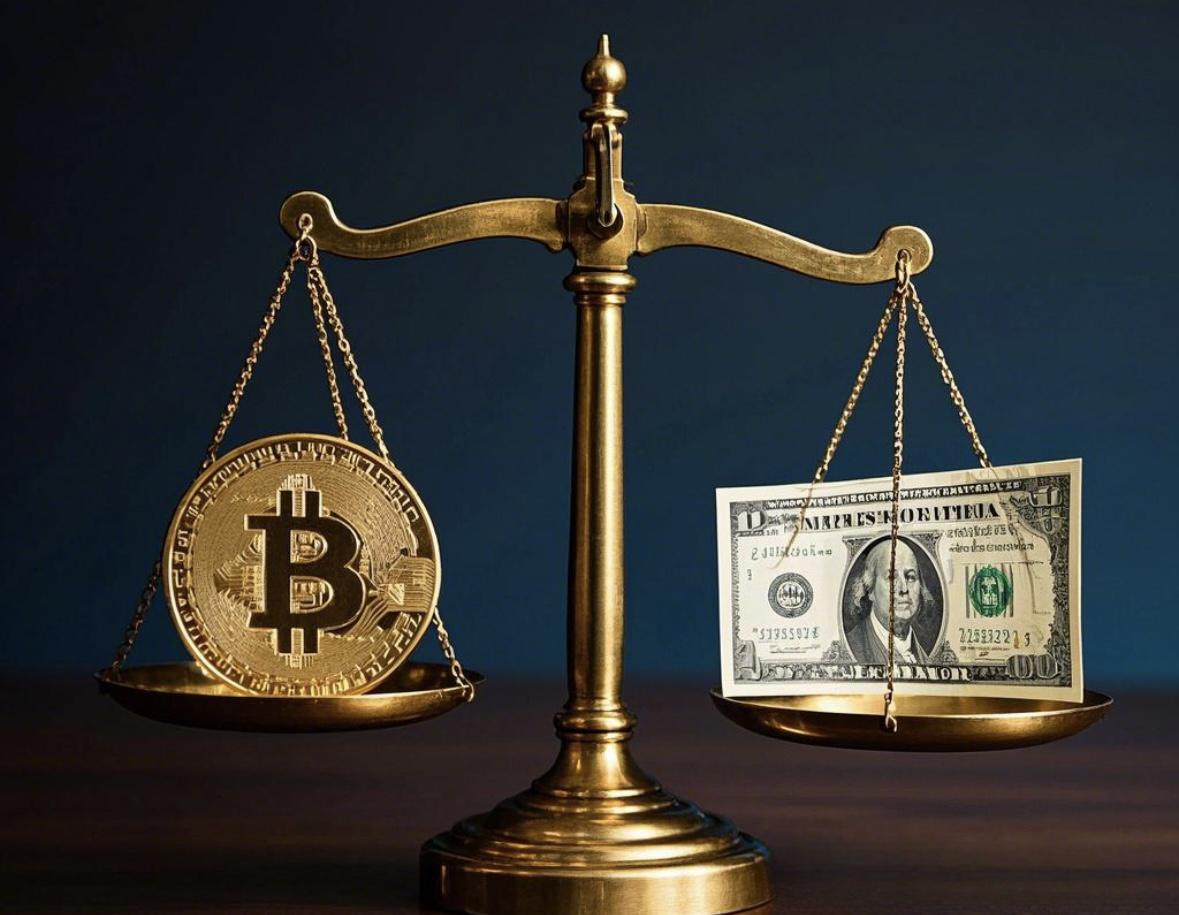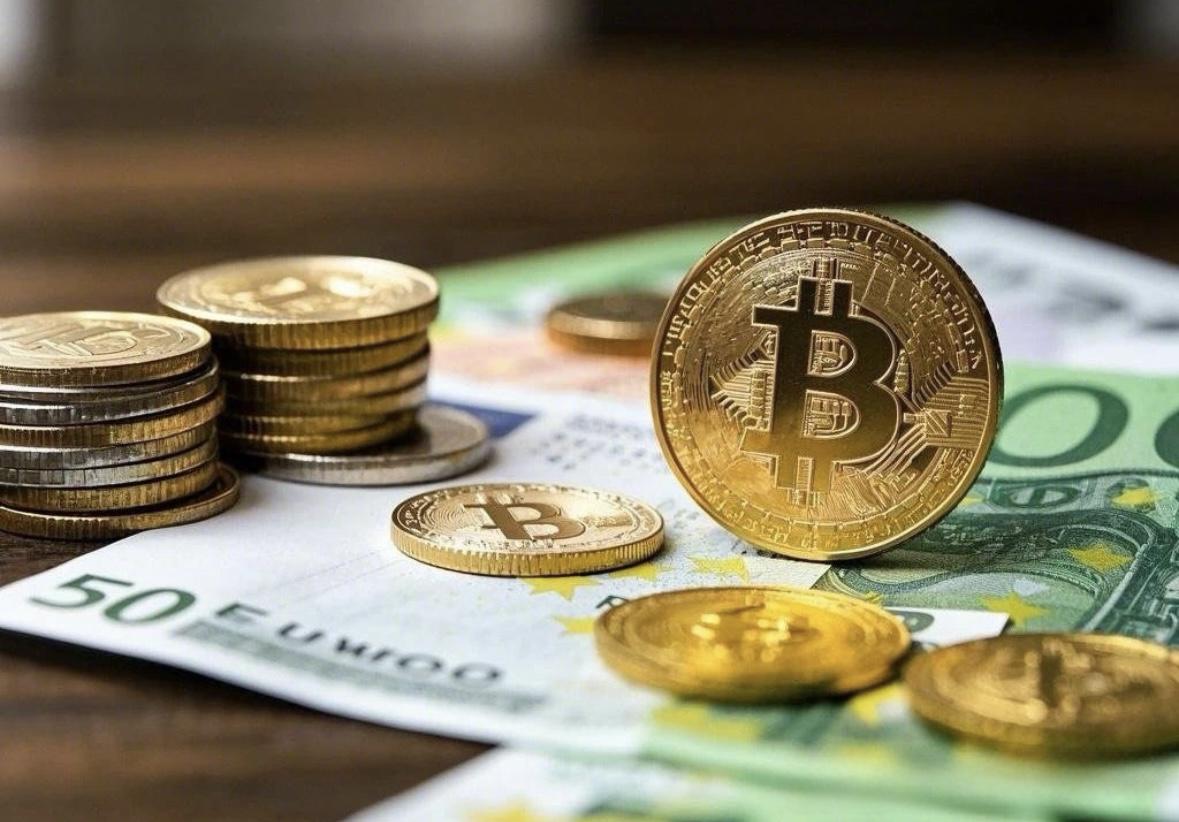Cybercrime now accounts for almost half of criminal cases; and among cybercrimes, the number of criminal cases involving virtual currency is increasing, and it is likely to take the lead.
For criminal cases involving currency, there is a controversial issue both in practice and in theory: Does the virtual currency involved need to be converted into cash? This question already contains a premise, that is, virtual currency has property value, of course, limited to mainstream virtual currency. At present, some judicial workers still believe that all virtual currencies can only be regarded as computer information system data. This understanding is obviously inconsistent with reality and legal principles. Therefore, our following discussion is based on the premise that the mainstream virtual currencies involved in the case have property value.
There will be different answers to this question depending on the different case handling needs.
1. Virtual currency as evidence in a case
In criminal cases, when the evidence involved has property value but is not presented as legal tender (tangible or intangible), in principle it will not be converted into cash.
Take the crime of theft as an example. A steals a bitcoin from B. There is no legal obstacle for the court to find that A is guilty of theft. If this bitcoin is seized, the judicial organ only needs to return the bitcoin involved to B. Even when it is necessary to determine the amount involved in the case of A, it is not necessary to convert this bitcoin into cash. The current practice generally uses the amount of bitcoin purchased by B as the amount of theft by A (according to the principle of "no profit for the victim", the judicial organ should not consider the appreciation of bitcoin, see "What to do if the virtual currency involved appreciates or depreciates during the period of seizure?" ); if B's bitcoin is given by others, or mined by himself, then in principle, the amount involved can be determined based on the market price of bitcoin at the time of the theft.
None of the above operations require the actual conversion of Bitcoin, because the final destination of the Bitcoin involved in the case is to be returned to the victim (that is, B).

2. Virtual currency as illegal income
In some cases, when the seized virtual currency does not need to be returned to the victim (for example, the virtual currency has been sold by the suspect, or there is no victim in the criminal case), it is generally necessary to consider cashing out the virtual currency involved.
In my country's criminal justice system, virtual currency cases are basically economic/financial crime cases, and such cases are generally punishable by fines. The amount of the fine is generally closely related to the illegal gains of the suspect/defendant. This requires that the virtual currency involved in the case must be converted into cash before the illegal gains can be determined.
There is another more important reason. For cases involving virtual currency as illegal proceeds, the price of virtual currency often determines whether it meets the case filing standards: the price of virtual currency fluctuates dramatically in different periods. When the victim reports the case, the price of virtual currency may be high and meet the case filing standards. However, after the three stages of the public security organs, the procuratorate, and the court, the price of the virtual currency involved in the case eventually returns to zero. At this time, no matter how low the sentence the suspect/defendant is sentenced to, he or she is likely to be dissatisfied in his or her heart - why should he or she be deemed to have committed a crime with virtual currency whose actual value is zero? Therefore, when the virtual currency involved in the case is used as illegal proceeds, it is required to be converted into cash, and it must be converted into cash as soon as possible.
Of course, reality is often complicated. In some criminal cases, virtual currency may be both evidence involved in the case and illegal proceeds. At this time, we suggest that judicial authorities give priority to cashing out after securing the evidence. (If the virtual currency involved is a stable currency such as USDT or USDC, it may not be disposed of for the time being.)
Another important factor to consider is whether the case has been decided by a court.
III. Disposal of Virtual Currency Before Court Judgment
In principle, the court in our country disposes of the property involved in the case after the judgment, so if there are no special circumstances, the virtual currency involved should be judicially disposed of after the court judgment. However, since there are principles, there are bound to be exceptions.
According to the "Procedures for the Public Security Organs to Handle Criminal Cases" (hereinafter referred to as the "Procedures"), stocks, bonds, fund shares and other properties with large market price fluctuations can be auctioned or sold before a verdict is made upon application or consent by the parties themselves and approval by the principal person in charge of the county-level public security organ. There are two main points of possible controversy on this point:
First, virtual currencies do not fall under the category of “stocks, bonds, fund shares, etc.” listed in the “Procedural Provisions,” and it is unclear whether the “etc.” in the text can be interpreted in an expanded manner;
Second, the "Procedure Regulations" are only the "one-sided opinion" of the public security organs, while criminal cases involve the coordination and mutual supervision of the public security, procuratorate and court. As a departmental regulation, the "Procedure Regulations" are certainly not as effective as the procuratorate and court. So, as the legal basis for the judicial disposal of virtual currencies involved in the case, can the "Procedure Regulations" unify the "judicial arena" of the three public security, procuratorate and court?
In the first point of the above dispute, for judicial organs, "no action can be taken without authorization" is a basic principle. If the "Procedural Provisions" do not list "virtual currency", it seems that the public security organs cannot deal with it without authorization. However, the dispute in the dispute is whether the "etc." at the end can be interpreted broadly to include virtual currency. It can only be said that it is controversial. Different people have different understandings from different standpoints, and there is no unified caliber at present.
Regarding the second point of the aforementioned dispute, although the power of laws and judicial interpretations is greater than that of departmental regulations, it is a pity that there is currently no legal or judicial interpretation to indicate the direction for the disposal of property involved in the case. The "Interpretation of the Criminal Procedure Law" issued by the Supreme People's Court stipulates that the property involved in the case that is transferred with the case , or the property involved in the case that is sealed or seized by the court, shall be handled by the court after the first-instance judgment takes effect . What if the public security organs do not transfer the virtual currency with the case? At this time, the provisions of the "Interpretation of the Criminal Procedure Law" cannot be applied. (For detailed analysis on this, please see "At what stage should the virtual currency involved in the case be disposed of? Public Security or Court" )
Through the above analysis, we also understand the current inconsistent status of the disposal of virtual currencies involved in the case. As for the solution, it can only rely on the further clarification and refinement of relevant departmental regulations and judicial interpretations, especially the inclusion of virtual currencies in future legislation and judicial procedures.

IV. Disposal of Virtual Currency after Court Judgment
The most "orthodox" way is to dispose of the virtual currency involved in the case after the court's judgment. There are two common situations:
First, the virtual currency seized by the judicial authorities is a mainstream stable currency. Since the price of stable currency is constant, there is almost no value fluctuation from the criminal case filing to the court judgment. In this case, it is legitimate for the court to dispose of it after the judgment (unless the virtual currency involved needs to be returned to the victim);
Second, the judicial authorities conducted price appraisal/evaluation on the premise that the value of the virtual currency involved in the case has not depreciated. At this time, although the virtual currency has not been converted into cash in essence, there are corresponding materials on file that make seemingly authoritative determinations on the price of virtual currency, and the courts often directly adopt the opinions of appraisal agencies, price assessment agencies, and judicial audit agencies. However, it should be noted that as a web3.0 criminal lawyer, Lawyer Liu believes that according to current laws and regulations and virtual currency regulatory policies, my country does not allow any organization or institution to provide pricing services for virtual currency transactions, so the aforementioned third-party institutions also have no legal basis to determine the price of virtual currency.
In short, the current judicial practice is not consistent as to whether the virtual currency involved in the case is converted into cash and when it is disposed of and converted into cash. The fundamental reason is that the current legal and policy supervision has an ambiguous attitude towards virtual currency: they do not want to recognize the financial attributes of virtual currency, but it is difficult to avoid the actual value of virtual currency. In a sense, virtual currency can be regarded as a questioning of the powerful by the general public at the grassroots level.













